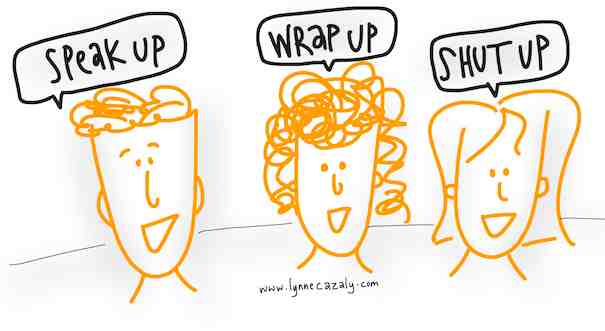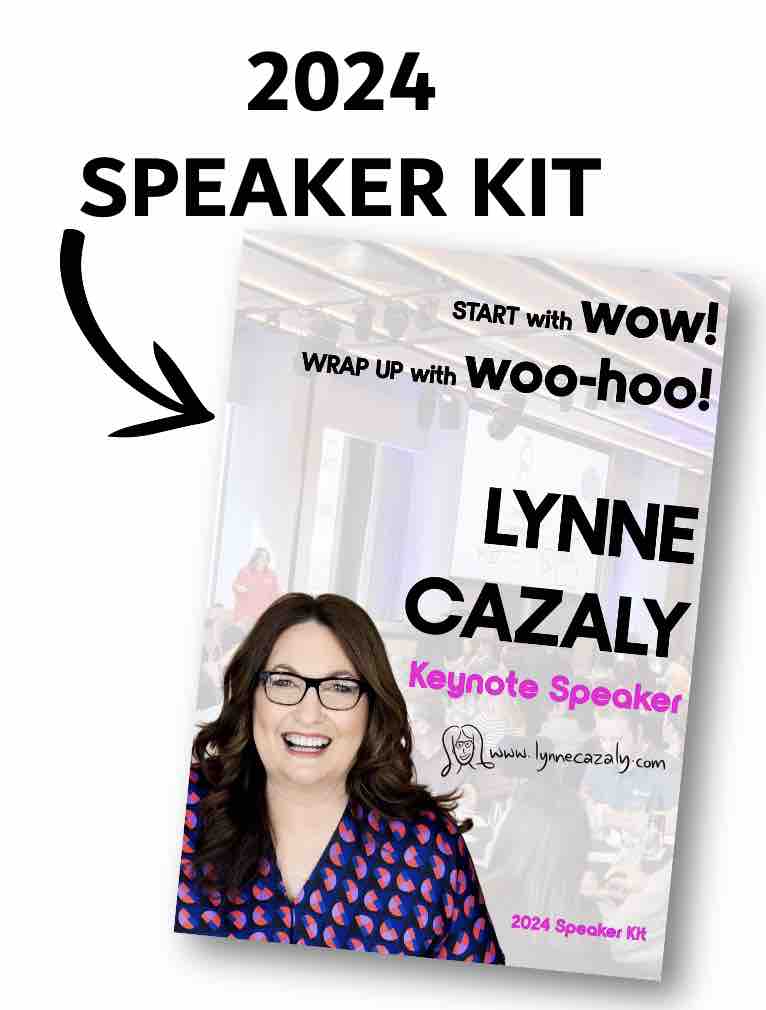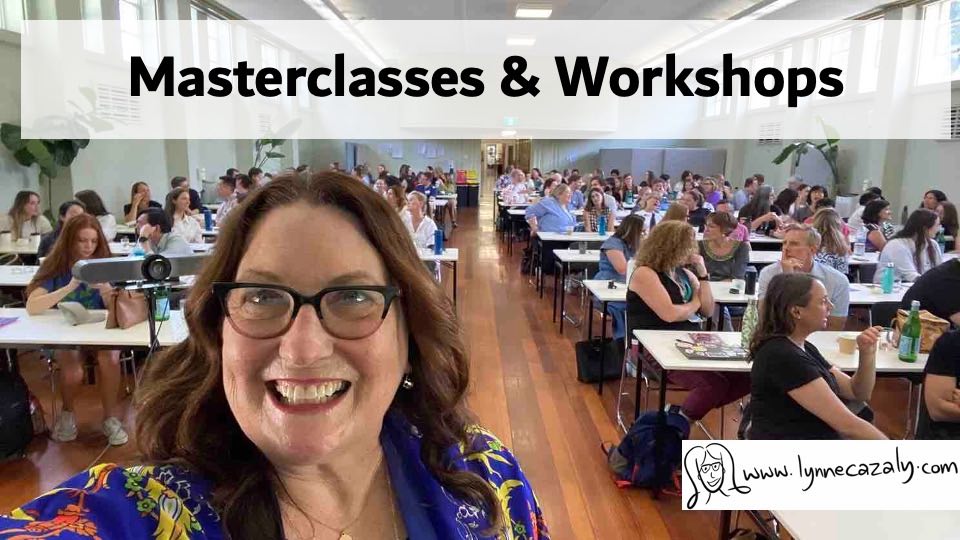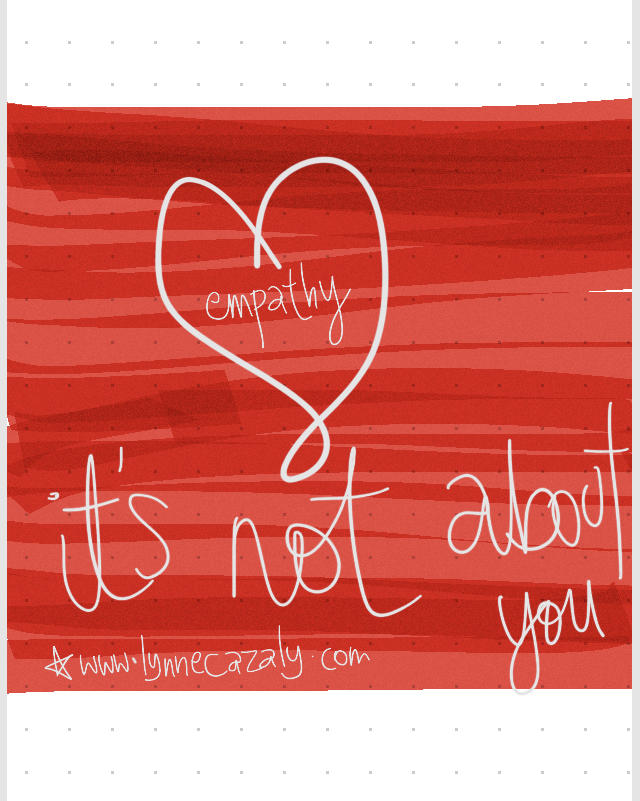 In these days of collaboration and co-design, working together and aligning the team… this is an ongoing challenge for people leading teams, groups and running meetings and workshops.
In these days of collaboration and co-design, working together and aligning the team… this is an ongoing challenge for people leading teams, groups and running meetings and workshops.
How to get people to speak up, wrap up and shut up.
Here’s what I mean...
When I’m running training on facilitation skills - to help leaders become better facilitators of their people and teams - these three things often crop up as a challenge of being a leader of a team:
- Speak Up: how do you get people to speak up, to contribute, to be engaged, to speak out and to share the ideas they have
- Wrap Up: how do you get people to wrap up, to summarise succinctly what their thinking is, what their views and opinions are and to get to the point rather than rambling
- Shut Up: how do you get people to shut up, to conclude - once they’ve delivered their contribution, we’d often like them to pause and let others speak, or better still, stop and listen to other contributions from around the room. How do you get them to stop talking!?
Speak up. Wrap up. Shut up.
Hmmmm, it sounds a bit harsh really.
It’s harsh because we’re making it about ‘them’. We went them to speak up. We want them to wrap up. We want them to shut up.
If we’re a leader, what can WE do about it?
It’s not about them because:
It’s hard to speak up if you don’t feel like you’ll be listened to or you have been interrupted often. It feels like no one will listen to you if you do speak up anyway.
It’s hard to wrap up if you’re a person who needs to speak to think or says things like 'I’m thinking out loud here’ or you need to talk a bit to work out what you’re actually thinking about.
And then it's hard to shut up if people aren’t getting your message or they need you to keep explaining it or they didn’t listen to you the first time around and so you’re having another go trying to get your message to land.
So while it looks on the surface that if everyone would just speak up, wrap up and then shut up the world would be a wonderful place… there’s more going on here folks.
Speak Up
How does a leader facilitating a meeting and leading a team help make the environment great so people feel comfortable speaking up? How are they giving people the opportunity, the time, the space and the ears of the room to deliver their contribution? Most of us have been interrupted by an eager contributor or cut off by someone with a supposedly better idea. I think a Leader as Facilitator helps hold the interrupter at bay and allows the person currently speaking to finish their thing; giving them the space to get their views out there.
It's not just on THEM to speak up; it’s on you as the leader, as the facilitator of the team to make the environment right for people to want to speak up.
Wrap Up
If someone is going on and on and on and not getting to the point, they may need some help articulating their thinking. If you’re a think as you speak person you have what I call a ‘talk track’ ; you need to talk to work out what you think. Maybe your idea is still evolving. In this case you need a Leader as Facilitator who will listen, prompt with clarifying questions or capture your key points so everyone else can see and hear what you mean. You don’t want to be pushed to hurry up and finish - especially if your thinking is still evolving. Maybe you haven’t got to your point yet. To be asked to ‘wrap up’ is pushy.
It’s not on THEM to wrap up; it’s on you as the Leader as Facilitator to help people articulate what it is they think; to question, probe, clarify and elicit the information out of them.
Shut Up
Then once someone is speaking or is contributing their ideas and view, how do we make sure they are heard and understood? Because once they are, they will take a break, they will stop. I think we keep talking or keep trying to raise the same point if we feel no one has listened or really let us know that, yes they have heard us.
Please don’t think you need to ‘shut someone down’. It sounds a bit violent and it’s pervasive in workplaces. Usually, they haven’t had the opportunity to speak. That is, a 'protected' opportunity to speak, protected from interruption or judgement. Nor have they been heard by the leader or facilitator of the meeting or the team.
Back off, ease off and let go. Don’t rush to get people to speak up, wind up or shut up.
Think and work as a facilitator. Adopt the capabilities of a Leader as Facilitator to create a great environment:
- Give people time to warm up and contribute
- Give people opportunities that are creative to contribute
- Then when they speak, help them articulate their thinking : support them, question them or invite them to share more so you can help everyone understand what they’re saying.
The environment will be better, you’ll get more done because you’re all able to hear one another. Today’s collaborative, creative and consultative workplaces require it.
 Monday, June 3, 2019 at 9:48AM
Monday, June 3, 2019 at 9:48AM This week I’m writing about experience people have that you might be ignoring. A barrier to hearing people’s experience is often the leader’s resistance to it.



















